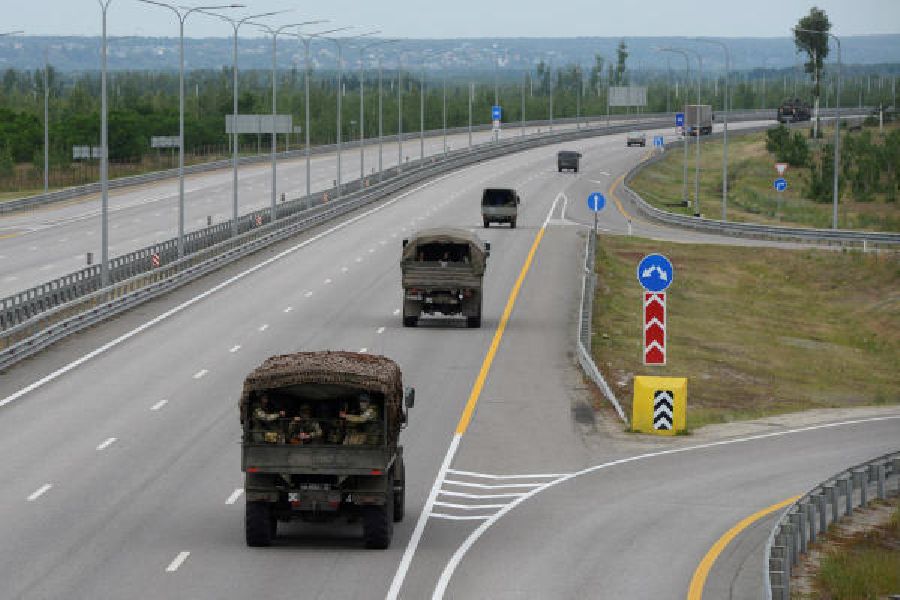Governments in Europe on Saturday were keeping a close eye on the situation in Russia as the rebellion led by Yevgeny V. Prigozhin in the south of the country not only posed a threat to President Vladimir V. Putin but also added to the tense instability in the region resulting from Russia’s war in Ukraine.
For his part, the European Council president, Charles Michel, described the events as “an internal Russian issue”, but said that Europe was closely monitoring the developments. The insurgency has the potential to affect the war in Ukraine, as well as broader European diplomacy.
In France, the office of President Emmanuel Macron — who has most persistently referred to the inevitability of negotiation with Putin’s Russia, but who has also has fostered closer ties with President Volodymyr Zelensky of Ukraine in recent months — said it, too, was watching. It also said that “we remain focused on our support for Ukraine.”
And in Poland, which borders Ukraine and has been among the most outspoken European critics of the Kremlin’s war, President Andrzej Duda said he had held consultations with Prime Minister Mateusz Morawiecki and the Polish Defense Ministry “in connection with the situation in Russia.”
US secretary of state Antony Blinken said on Saturday he spoke with his G7 and EU counterparts after Wagner fighters took control of some military facilities in southern Russia.











